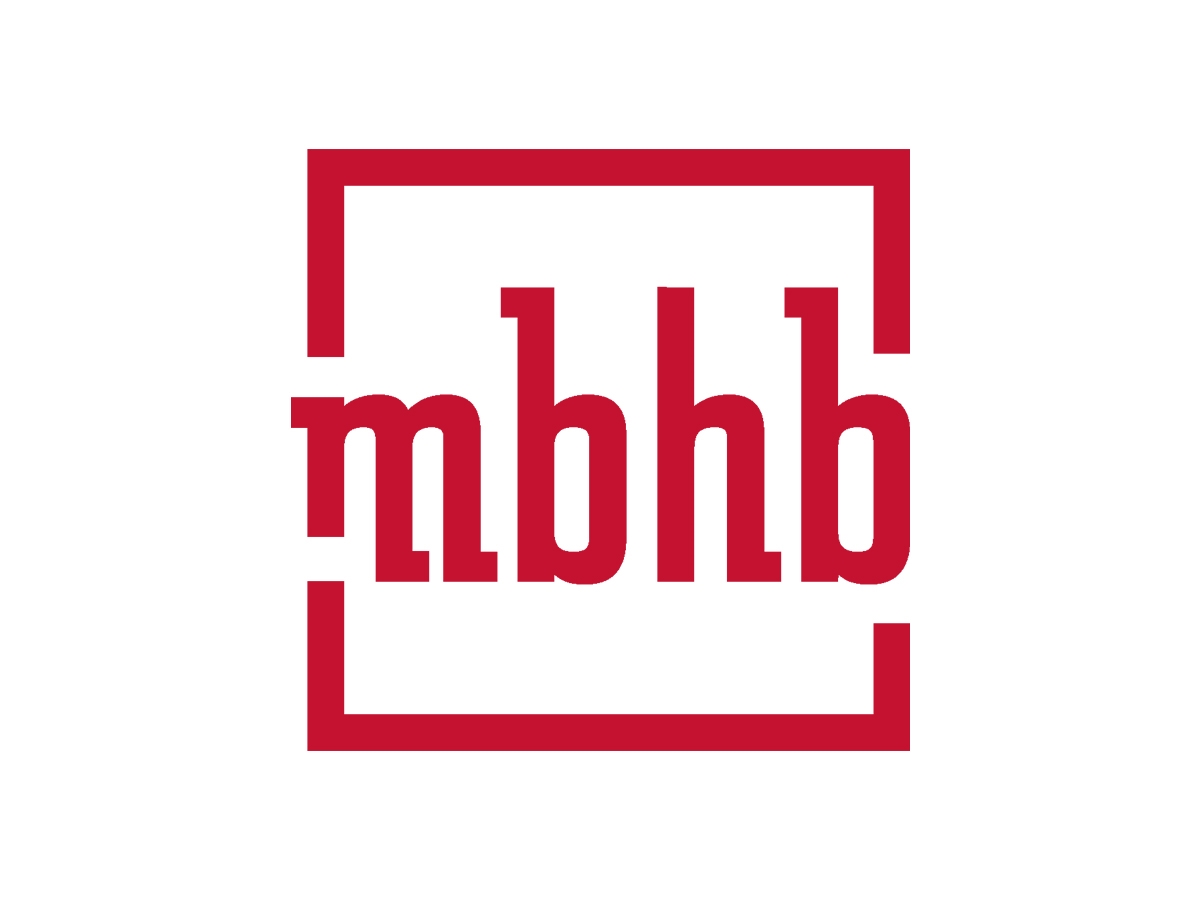Federal Circuit Denies Thales’ Request to Bar Philips from Heading to the ITC
“Evidence of speculative harms, such as customers merely expressing concern that a potential future ITC exclusion order could affect Thales’ ability to deliver products down the road, is insufficient to show a likelihood of irreparable harm.” – CAFC
The U.S. Court of Appeals for the Federal Circuit (CAFC) today held in a precedential decision that Thales DIS AIS Deutschland GMBH cannot stop Philips from seeking an exclusion order at the International Trade Commission (ITC) to enjoin Thales from importing its products relating to wireless network technology into the United States.
Both Philips and Thales design and manufacture telecommunications equipment technologies and have been negotiating over what Philips claims are standard essential patents (SEPs) implemented by Thales under European Telecommunications Standards Institute (ETSI) specifications. The companies could not agree on a fair, reasonable, and nondiscriminatory (FRAND) license for the SEPs, so Philips sued Thales in the U.S. District Court for the District of Delaware and at the ITC. In response, Thales filed a breach of contract counterclaim and declaratory counterclaim for a FRAND rate determination, and sought a preliminary injunction barring Philips from pursuing the ITC action.
The district court denied Thales’ motion, concluding that Thales had failed to prove it is likely to suffer irreparable harm in the absence of the injunction. The Federal Circuit said the district court had not clearly erred in so ruling because “[e]vidence of speculative harms, such as customers merely expressing concern that a potential future ITC exclusion order could affect Thales’ ability to deliver products down the road, is insufficient to show a likelihood of irreparable harm.”
The district court correctly held that Thales’ evidence of harm was “conclusory” and that its oral arguments alluding to “living under the ‘cloud on the business’ of a potential exclusion order and the potential loss of business that may occur if it loses at the ITC” were speculative, said the court. “This type of speculative harm does not justify the rare and extraordinary relief of a preliminary injunction,” the opinion continued. Thales would have had to present evidence that it “lost customers, had customers delay purchases, or struggled to acquire new business because of the ongoing ITC proceedings,” said the CAFC.
The court, with Chief Judge Moore writing, thus affirmed the district court’s denial of the motion for preliminary injunction.
Image Source: Deposit Photos
Author: billperry
Image ID: 161261406
Eileen McDermott
Eileen McDermott is the Editor-in-Chief of IPWatchdog.com. Eileen is a veteran IP and legal journalist, and no stranger to the intellectual property world, having held editorial and managerial positions at […see more]







